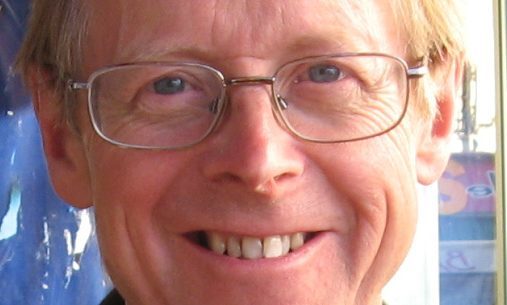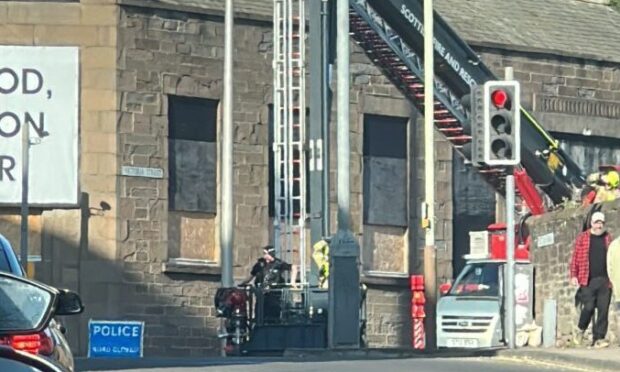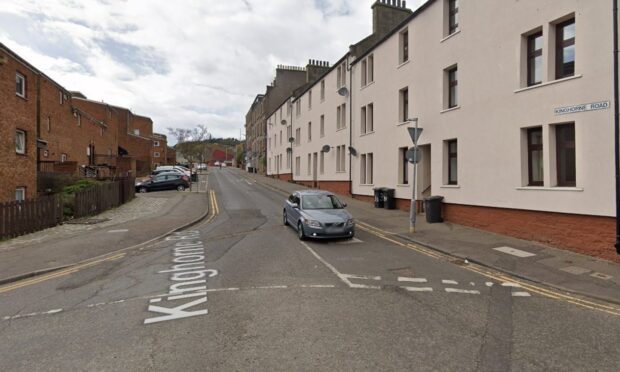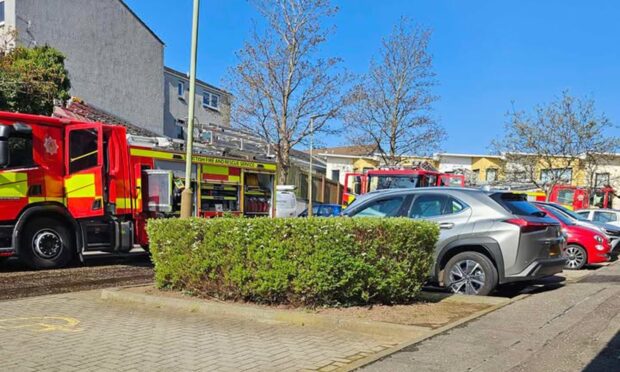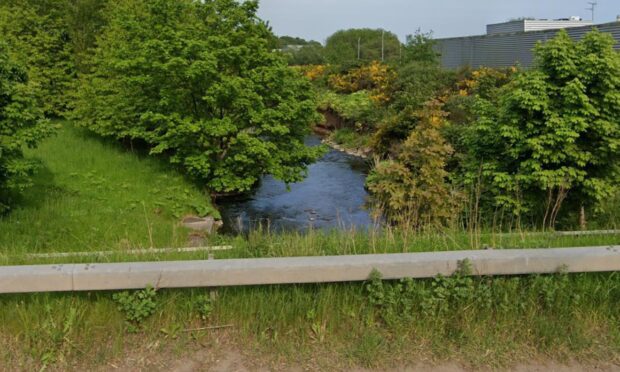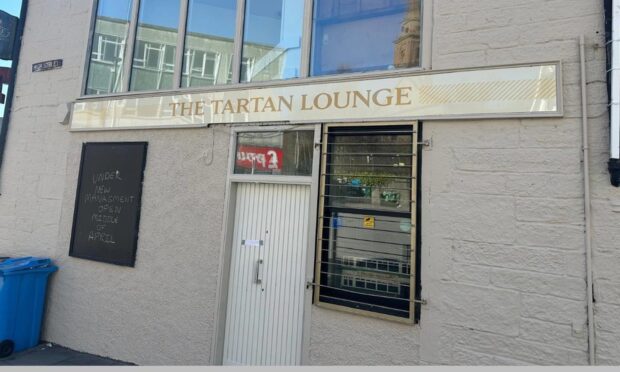A leading environmental charity in Tayside has challenged an expert’s prediction that Scottish cities could soon become pollution free.
Friends of the Earth Tayside’s branch co-ordinator, Andrew Llanwarne, said the the prediction was “unrealistic” and that “big changes” in attitudes are still needed.
Technology expert Simon Tricker, of “smart cities” specialist UrbanTide, had earlier said that electric vehicles could reduce air pollution in Scottish cities and towns to almost zero and that car parks could soon become obsolete.
He made the comments ahead of Scottish Renewables’ first low-carbon cities conference, set to be held in Edinburgh in February.
Mr Llanwarne is not convinced and said: “An increase in electric vehicles can certainly help to reduce levels of air pollution in our cities, but the scenario presented in the report seems unrealistic.
“Existing car clubs seem a good idea, but do not appear to have captured a significant share of the market.
“Increased bus use also offers enormous social and environmental benefits, especially if the cleanest modern buses are used, yet demand is actually declining.”
Dundee City Council has implemented measures designed to encourage use of electric vehicles, such as installing charging points across the city and offering free parking in council facilities.
While Mr Llanwarne believes Dundee is ahead of other cities in Scotland in tackling emissions and changing people’s perceptions, he believes extra stimulus is needed to discourage the use of polluting vehicles.
He added: “Whilst there may be wider social benefits, this kind of change would require a stimulus, such as parking becoming much more difficult and expensive.
“It’s also making assumptions about changes in behaviour that will only come about with the kind of policy changes that would be politically very difficult to implement.
“At present it is difficult to imagine this kind of transformation of transport patterns in our cities, but we do know that big changes will be needed to move to a low-carbon future.”
It is hoped the low-carbon conference will encourage cities to embrace the transition to a sustainable, clean, green economy which could reduce energy costs and tackle fuel poverty, while attracting low-carbon investment and jobs.
